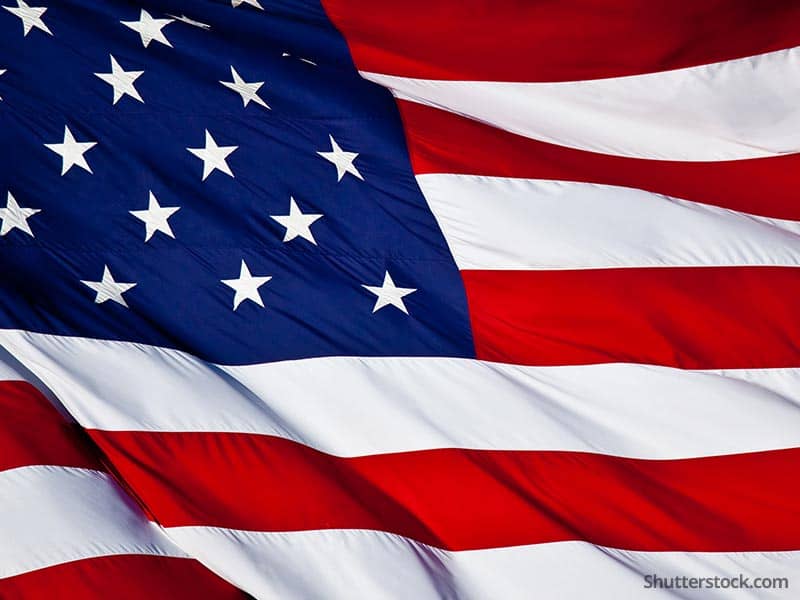Boston's Cardinal Bernard Law, who has been under fire all year for his handling of sex abuse claims against priests, proposed issuing the Iraq statement in his role as chairman of the prelates' international affairs committee.
Speaking at a meeting of the U.S. Conference of Catholic Bishops, Law said the statement "will certainly be in opposition to war in this situation," though not against all wars. The conference voted to allow Law's committee to write the statement. It will vote again on whether to endorse it.
Iraq has until Friday to respond to a United Nations resolution that demands it allow weapons inspectors back in the country. President Bush has made it clear the United States will attack Iraq if it does not comply.
The bishops' president, Wilton Gregory of Belleville, Ill., delivered a letter to Bush in September that raised doubts about a pre-emptive military strike. Gregory told Bush that the bishops' 50-member administrative committee had serious moral questions about "any pre-emptive, unilateral use of military force to overthrow the government of Iraq."
The bishops supported U.S. action in Afghanistan last year, though they cautioned that worldwide poverty and human rights must be factors in U.S. foreign policy. Law said Afghanistan was "a different case" because a pre-emptive strike was not involved.
During the prelates' discussion on Tuesday, Archbishop Philip Hannan, the retired leader of the New Orleans Archdiocese and a World War II paratrooper chaplain, urged Law's committee "to be cautious and to acknowledge at least the difficulties the president is taking care of." "If we allow some despotic power to rule the earth, or some portion of it, we are in terrible shape for our religion as well as protection of our rights," Hannan said.
He also noted that "advances in weaponry" seen in the Afghanistan conflict show that warfare can be "precise in its effects." Bishop Edward Braxton of Lake Charles, La., said he favored an anti-war stand but admitted "a large number" of the nation's 65 million Catholics do not understand the church's teaching on criteria for a "just war" and have "a general we-don't-like-Saddam-Hussein" attitude.
If the statement opposes this particular war, rather than wars in general, Bishop Francis DiLorenzo of Honolulu said that could make it tough to give Catholics give moral guidance. "What would we say to Catholics who participate in this war, in terms of conscience?" he asked. Law said his committee would have to consider that point.

